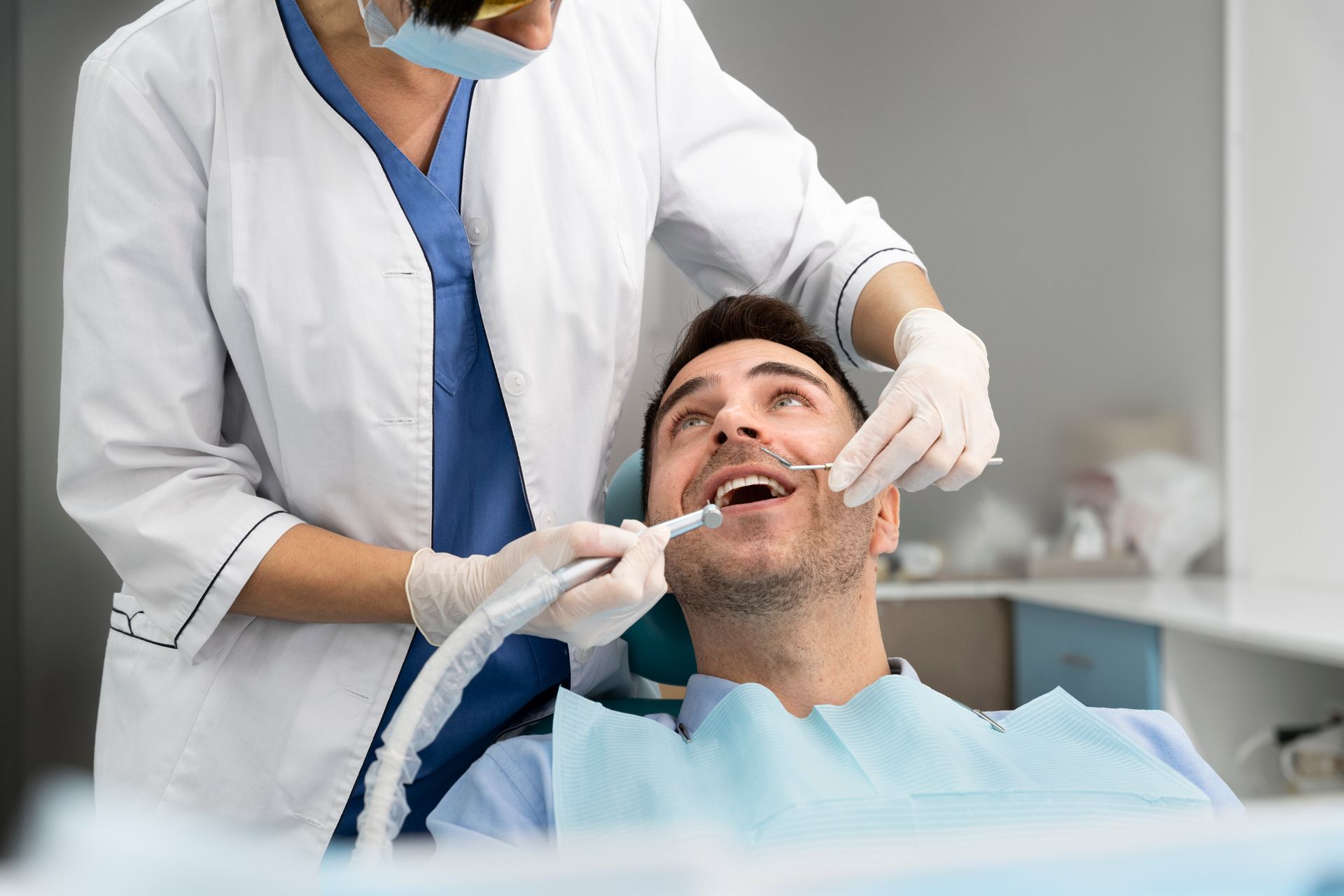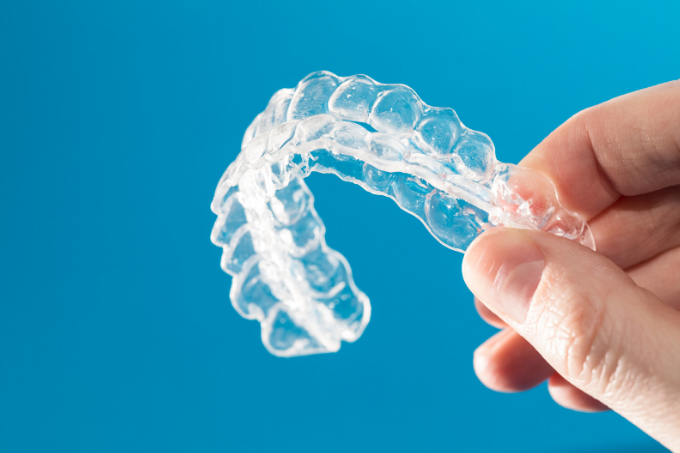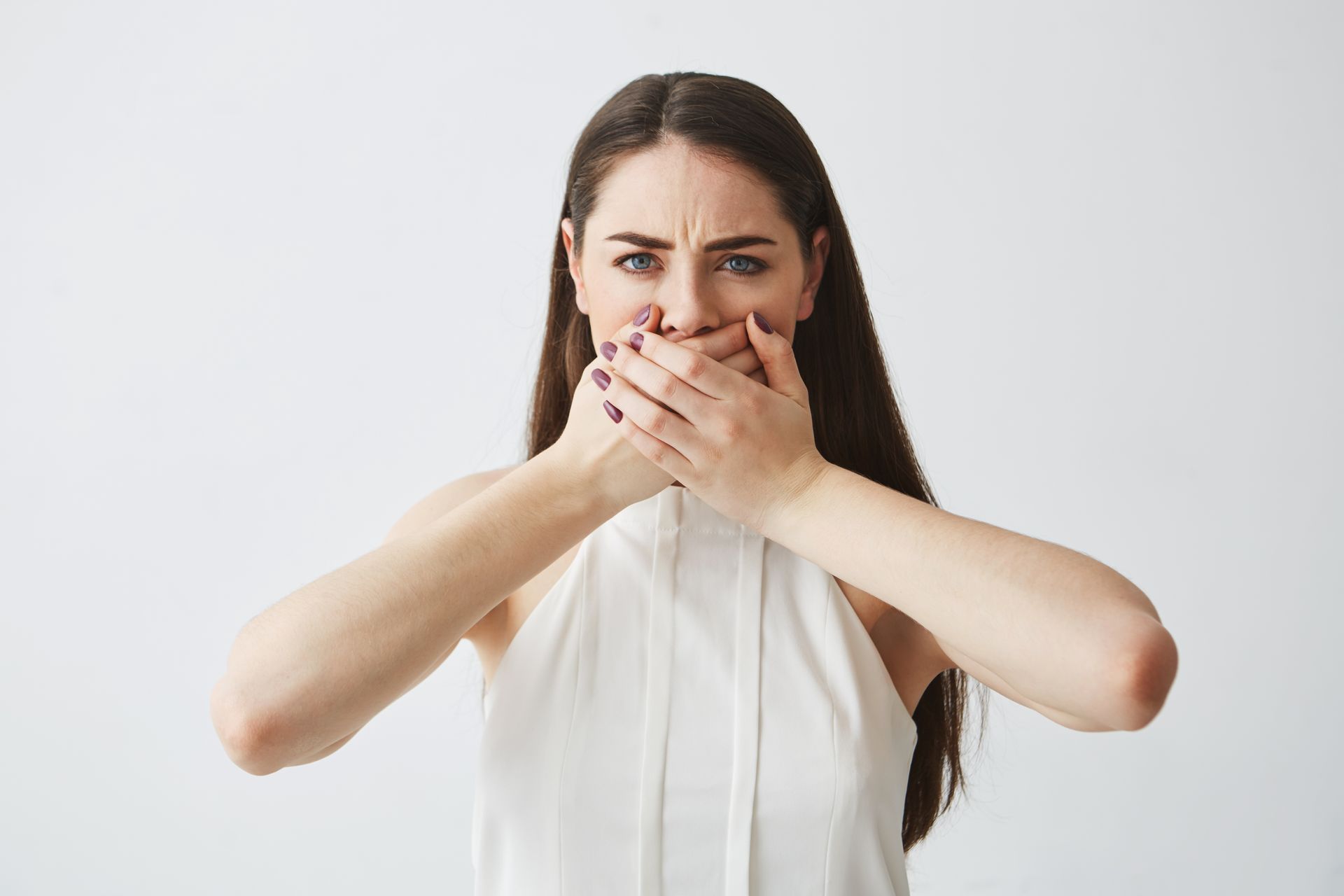Everyone who has experienced bad breath (halitosis) at one point will admit that it can be embarrassing and may also negatively affect self-confidence. It is important to note that in some cases, bad breath may arise even with good oral hygiene. This is because, in addition to oral health, there are several other causes of bad breath. The root cause of bad breath is usually in the mouth in about 80 to 85 percent of cases. In other cases, however, bad breath may be caused by factors outside the mouth. If you're wondering why does my breath always stink, it's crucial to consider both oral hygiene practices and potential underlying health issues.
By brushing your teeth, you can stop bacteria from growing on food debris, starting to rot, and getting adhered to your teeth or gums. When these bacteria are not removed by brushing, they grow in the oral cavity and produce sulfur compounds that cause bad breath. However, bad breath is not always resolved by brushing your teeth. Brushing may not be enough to get rid of bad breath if the root cause isn't in the oral cavity or if it has something to do with mouth dryness. Read on to learn more about the possible reasons you may have bad breath even after brushing and how to get rid of bad breath.
Causes of Bad Breath even After Brushing
Discussed below are some possible causes why you may have bad breath even after brushing your teeth.
Cavities and gum disease: Cavities in your teeth can provide a good hiding place for odor-causing bacteria. Because the bacteria are in hard-to-reach spots, removing them when brushing your teeth is challenging. These odor-causing bacteria can also hide in deep gum pockets due to gum disease.
Dry mouth: Saliva performs many functions in the mouth. It aids in the digestion of the food you are eating, speaking, swallowing, and chewing. Additionally, it flushes food particles, maintains mouth moisture, and controls oral bacteria. A dry mouth can result from insufficient saliva production by your salivary glands, leading to the accumulation of bacteria on the teeth and gums. This can lead to bad breath and raise your risk of gum disease and tooth decay. Mouth dryness can also be brought on by various drugs, tobacco use, and alcohol consumption.
Gastroesophageal reflux disease (GERD): Also known as chronic acid reflux, GERD is a gastrointestinal system disorder that causes the stomach's contents to flow back into the esophagus. Bad breath can be brought on by regurgitating stomach acid and undigested food. Heartburn and an unpleasant aftertaste are other GERD symptoms.
Underlying health conditions: Various underlying medical issues may cause bad breath. This is usually either because your bloodstream’s chemical composition has changed or your body’s bacteria levels have changed. Bad breath may be caused by health conditions such as diabetes, peptic ulcer, liver failure, kidney failure, and intestinal blockage.
Some foods: Even after brushing your teeth, the flavor of some foods, such as garlic and onions, may remain on your breath. Garlic breath, for instance, can last for a day or longer. In a 2016 study, scientists discovered that raw lettuce, apple, and mint leaves could all help neutralize the odor of garlic breath.
Smoking: Tobacco smoke can remain on your breath and cause a bad odor. Additionally, it can make your mouth dry, which can cause bad breath and increases your chance of getting gum disease.
Postnasal drip: Bad breath may also result from postnasal drip or mucus dripping into the throat from the back of the nose. The mucus may draw bacteria, producing an odor that makes your breath smell terrible. Various conditions, including sinus infections, the flu, colds, and strep throat, may bring on a postnasal drip.
How can I get Rid of Bad Breath?
Good dental hygiene: Most cases of bad breath can be remedied at home by improving oral hygiene. According to the American Dental Association, you should brush at least twice daily with fluoride toothpaste, eat a healthy diet and minimize your consumption of sugary snacks and drinks, visit your Carlstadt Dentist regularly for dental checkups, and brush your tongue to prevent bad breath.
Increase your water intake: Increase your daily water intake if a dry mouth is the root cause of your foul breath to keep your oral cavity moisturized. Another option is to chew sugar-free gum to encourage more saliva production.
Baking soda rinse: A 2017 study discovered that a baking soda rinse is a less expensive option than alcohol and chlorhexidine mouthwashes. Get a cup of warm water and add 2 tablespoons of baking soda to make a baking soda rinse. Rinse your mouth with the combination for about half a minute before spitting it out.
Fennel seeds: Since ancient times, people have used fennel seeds to freshen their breath. If you want to improve your breath after eating, try munching on a teaspoon of fennel seeds.
Mouthwash: Over-the-counter mouthwashes can help kill bacteria or neutralize and temporarily mask bad breath. It’s only a temporary solution, however. The longer you wait to brush and floss away food in your mouth, the more likely your breath will offend.
Pineapple juice: The consumption of pineapple juice is often credited with helping people control their bad breath. You might try consuming a glass of 100% pineapple juice or biting into a slice.
Get your Healthy and Beautiful Smile with Smiles By Rizzo
You should visit your dentist if your bad breath doesn't go away despite good dental hygiene practices. Your dentist Carlstadt can assist you in identifying the possible cause of your bad breath. The root cause of your bad breath will determine your halitosis treatment option. You can look up “dentist near me” online to find a dentist. Get in touch with Smiles by Rizzo today to book an appointment with Dr. Rizzo or call us at (201) 939-5770 to learn more about halitosis treatment.
Frequently Asked Questions
Recent Blog





